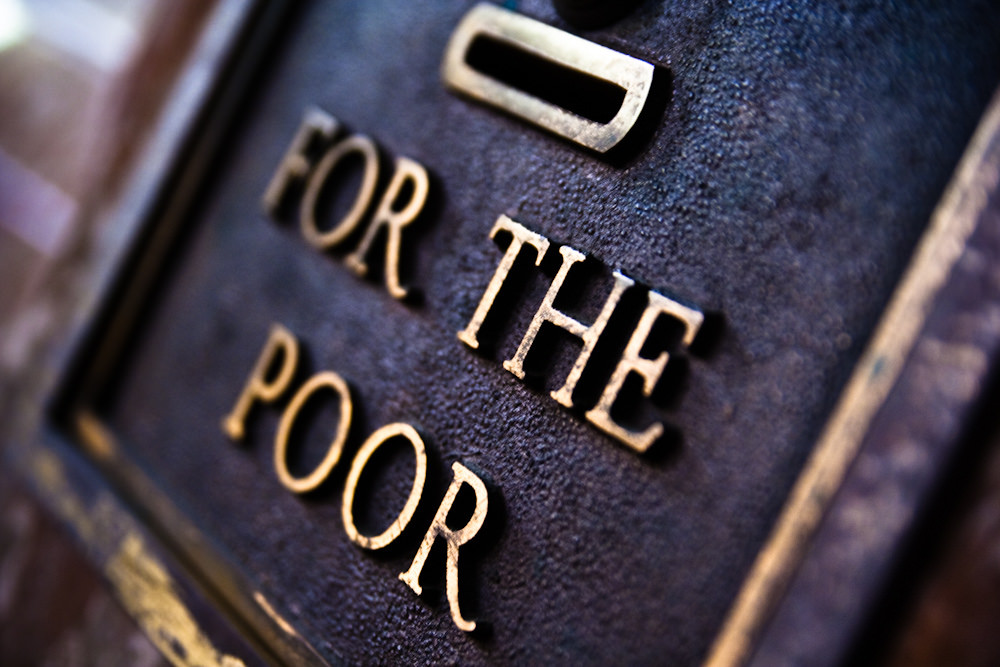Giving money to charity offers more than just a tax break. It’s a chance to leave something tangible behind, to touch lives, and to make this world a better place. Whether you have only a few dollars to give or millions, your generosity does matter. If you want to keep giving in retirement, here are some of your best options:
Tap Your Home’s Equity
If you’ve always longed to create an organization or donate to a worthy cause, but don’t have a ton of cash on hand, consider a reverse mortgage. This option taps the equity in your home to give you tax-free cash that you can use as you see fit. As long as you remain in your home, you will not have to repay the money. This strategy works best for people who want to start their own organizations, since a reverse mortgage may affect property inheritance, so talk to a charitable giving advisor to assess whether this plan is right for you—and whether you have what it takes to run a new organization.
Create a Trust
Leaving a large pile of cash to any person or organization is rarely a recipe for success. The organization might use the funds for a project you wouldn’t feel passionate about, or might use it to fund more advertising. A trust gives you significant control over how your money is spent. You can even keep the terms of the trust private, or remain an anonymous donor. Meet with a trust attorney to determine the best course of action, and take time to think about how your money can best benefit the cause or causes you care most about.

Consider Leaving Property in Your Will
If you don’t have a ton of money in the bank, leaving property can be a great alternative. Even a used car can greatly benefit a charity like Meals on Wheels. Your home could become a homeless shelter or peer support center, and your furniture could help furnish a center for runaway teens. Contemplate the causes you care most about, then ask them if leaving your property to them would be a helpful contribution. Be sure to research about a transfer ownership through quit claim deed to see if it’s a good fit for your situation.
Get Clear Financial (and Inheritance) Advice
It’s obvious that leaving behind money for charitable giving will affect the inheritance you can leave your children and grandchildren. What might not be obvious is the extent to which your charitable giving will affect this inheritance. Before you get excited about all you can leave behind, talk to a financial planner about inheritance issues. Don’t shy away either from talking to your heirs in advance. If they’re expecting a large windfall, it can feel like a slap in the fact to get less. But if they know you’re committed to leaving money to help others, they may rally to your plan.
Invest for a Cause
If you’ve never had a lot of money but have always been the sort to give $5 here and $10 there, consider taking advantage of the miracle of compound interest to give more in retirement and beyond. Charitable giving accounts allow you to invest money that you intend to give away. The money grows slowly and steadily, and ideally produces a large fund you can one day use to help others. Your financial advisor can help you select the right account for your needs and budget, but know that even a small sum, properly invested over time, can eventually yield a big payout—just like it did with your retirement account.


